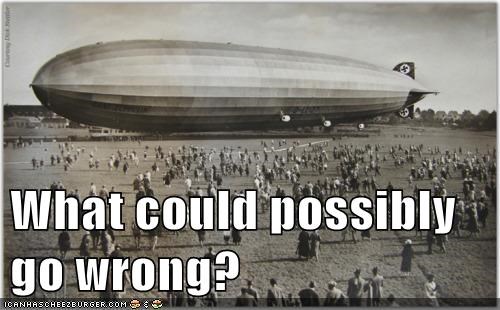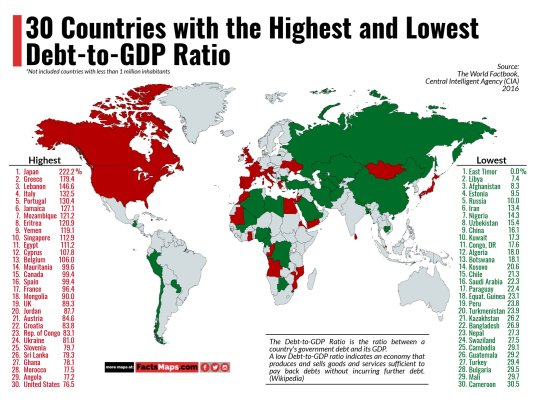Dr. Hunt: Well, there are some folks out there, mainly the modern monetary theorists, that want to make the liabilities of the Federal Reserve legal tender. In other words, allow the Fed’s balance sheet to sort of operate as a cash cow and to pay for the Treasuries bills.
The Federal Reserve does not have that authority at present. The [Federal Reserve] 1937 Act, the principal author was Senator Carter Glass of Virginia, who also wrote the Glass-Steagall Act, did not intend to give them that authority. He consulted with Irving Fisher of Yale and other great monetary thinkers of the time, and they did not give the Fed that authority.
The Fed can only use its balance sheet to buy a select group of assets from the banks, government, and agency securities – and then those proceeds have to be held at the Federal Reserve bank. So the money supply is equal to the monetary base and the money multiplier, which is endogenous and which the Fed does not control.
And, regardless of what you have heard – and there was once a statement, which was eventually corrected, from Ben Bernanke that in quantitative easing the Fed was printing money – but the Fed does not have that capacity. It doesn’t have the mechanism or the tools to print money. For them to be able to print money you would have to rewrite the Federal Reserve Act.
Now you could go down that route. But what would happen in that case is in very, very short order we would get hyperinflation. Because the aggregate demand curve would shift upwards, the money multiplier would no longer be relevant, and prices would rise as fast as the increase in the money supply and eventually faster.
And something called Gresham’s Law would take effect. The bad money would chase out the good money. People would not be willing to exchange money for commodities, return to barter. There would be massive inefficiencies.



